Thuringia, a region of former East Germany, occupies a special place in the thoughts of Germans, who like to regard it as the origin of all their best virtues. It’s an alluring place, full of wonderfully untouched stretches of densely forested hills; the occasional small historic town seems hardly to have changed for decades, and the tourist can spend a happy week pottering from Schmalkalden to Ilmenau to Eisenach in the illusion that none of those unpleasant realities of the last century ever touched this place. I once asked the guide at the Wartburg, the magnificent medieval and mock-medieval castle on a snowy crop outside Eisenach, what this place meant to modern-day Germans. It was the castle where Luther holed up to translate the Bible, where the first idealistic students swore oaths to create a united Germany, and where Wagner set Tannhäuser. She had no doubt. ‘Tausend Jahre positive Deutsche Geschichte’: 1,000 years of positive German history.
The legal capital of Thuringia is actually Erfurt, an entrancing town of considerable grandeur. But no one can doubt that its spiritual heart — and perhaps of Germany’s idea of itself — is Weimar. Outside Germany, Weimar hardly suggests a town at all. When the Sunday Times once sent A.A.Gill to write about modern-day Germany, he confessed that ‘I had no idea that Weimar was a town. I thought it must be a district or piece of paper, the Weimar Republic and all that.’
For Germans, it is the court town that created Goethe and Schiller under the enlightened sponsorship of a great prince; where Wagner found refuge and understanding, and Liszt transformed himself from a shallow virtuoso into a great musical thinker; where the Bauhaus was made possible; where Cranach, Wieland and Busoni also walked. The association with the republic that was formed in a few months of constitutional assembly after the end of the first world war comes second. Primarily, this is the town that represents the best and noblest in the German spirit.
There is something in that, of course, and a few days in Weimar will display a town not just beautiful and wonderfully picturesque, but redolent of its greatest minds’ preoccupations. You can’t visit Goethe’s house on the Frauenplan without having a sense of being admitted to the full range of his preoccupations, from colour to minerals to the classics.
The problem is that over the last couple of centuries, as Michael H. Kater explains in a racy, detailed and absorbing history, there have been all sorts of people who liked to exalt what they saw as the best and noblest in the German spirit while not exactly wanting to continue that tradition. In 1938, a gathering of 250 German authors in Weimar paid homage to the ‘town of great German poetry’ in order to denigrate the ‘madness of so-called Expressionist poetry… the work of the Jewish world enemy.’ The Nazi period was not alone in manipulating the historic achievements of the great to its own ends, without showing any interest in contemporary writers.
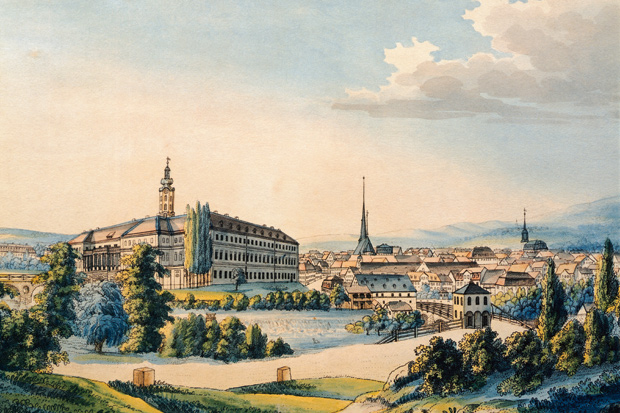
This sometimes took some ingenuity. Under Goethe’s patron Karl August, Weimar had been at the forefront of liberal measures towards the Jews. It was true that Weimar was so small — only 6,000 inhabitants at the turn of the 19th century — that few Jews would settle there, or consider themselves likely to be able to make a living. Still, religious freedoms were permitted, universities and Gymnasien were open to them, and from 1823, marriage between Jews and Christians was allowed. Although Goethe found this last measure too much, and asked whether ‘Weimar in all areas had to be a pioneer of the grotesque’, there was no doubt that in the 1930s Weimar represented openness, and Goethe himself the sort of sophisticated cosmopolitan humanist that was shortly to be sent straight to Buchenwald — situated about 10 km from the city.
The Nazis did their best with Weimar, and Thomas Mann wrote in 1932 that ‘the admixture of Hitlerism and Goethe affects one rather strangely. Of course, Weimar is a centre of Hitlerdom.’ But propaganda directives were constantly required explaining how Goethe should be treated, sometimes making rather bizarre connections: ‘Faust forsook marriage with [Gretchen], as did Hitler with any woman during his career.’
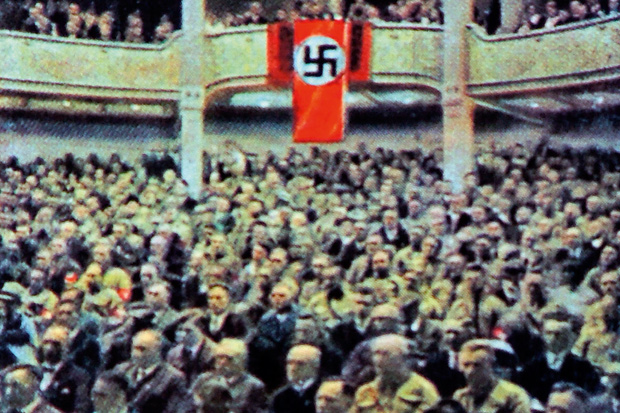
Without the slightest hesitation, Weimar after 1945 became the focus for national redemption in both West Germany and where it was now situated, deep in the East. Goethe became the prized property of a network of ideologically neutral Goethe-Gesellschaften. In the decades to follow, it became a destination of pilgrimage for many West Germans — a useful mirror to Trier, Karl Marx’s birthplace, to which some favoured East Germans were permitted to travel by their government under close supervision.
Weimar had escaped the worst destruction of the war, and presented something of a showcase for the communist state, in the same way as those terrible old shops on Unter den Linden, where the assistants followed you around with beady hostility in case you might try to steal one of their lime-green kipper ties. Interestingly, Kater reports that a night in a single room in the Weimar Inter hotel (once the Hotel Elephant, which plays such a role in Thomas Mann’s Goethe novel Lotte in Weimar) cost 112 Ostmarks in 1989. If memory serves, you could only exchange 26 marks a day as a visitor to the DDR, so that was pretty steep.
The status of Weimar as a museum town with sometimes debatable lessons for the present day was continued: the DDR, with Soviet support, was able to restore some of the sites of classical Weimar, including the houses of Goethe and Schiller. Later on, they extended this approach to the radical Bauhaus that Gropius had founded in Weimar, restoring the iconic building in Dessau and enabling reunions of the former students.
Naturally, Weimar became the focus of intense national pride in the new Germany, and Kater has an amusing final chapter about its various institutional Kunstfesten, and its role as capital of culture for Goethe’s 250th anniversary celebrations in 1999. When the Anna Amalia library burned down in 2004, limitless funds were made available for the rebuilding of its splendid rococo edifice and its refilling with thousands of rare books; it reopened exactly three years after the disaster. It is much easier for politicians to demonstrate their seriousness by throwing money at Goethe, just as his patrons did, than it is for them to tolerate Goethe’s successors and inheritors.
Kater has written a fascinating account of this extraordinary city. It is highly readable, capable of great wryness and, considering the cultural and political ground it covers, mostly very convincing. He’s clearly out of his depth when it comes to music, especially in his account of Liszt’s innovations, but otherwise we’re on solid ground.
It’s usual for reviewers of books about a particular place to conclude by saying that it makes them simply long to visit. In this case, though I’ve been to Weimar a few times and have always loved it, the author has rather put me off going again. There is such a thing as leaving one’s illusions intact, and well-funded by European Union grants, after all.
Got something to add? Join the discussion and comment below.
Get 10 issues for just $10
Subscribe to The Spectator Australia today for the next 10 magazine issues, plus full online access, for just $10.
Available from the Spectator Bookshop, £22. Tel: 08430 600033
You might disagree with half of it, but you’ll enjoy reading all of it. Try your first month for free, then just $2 a week for the remainder of your first year.

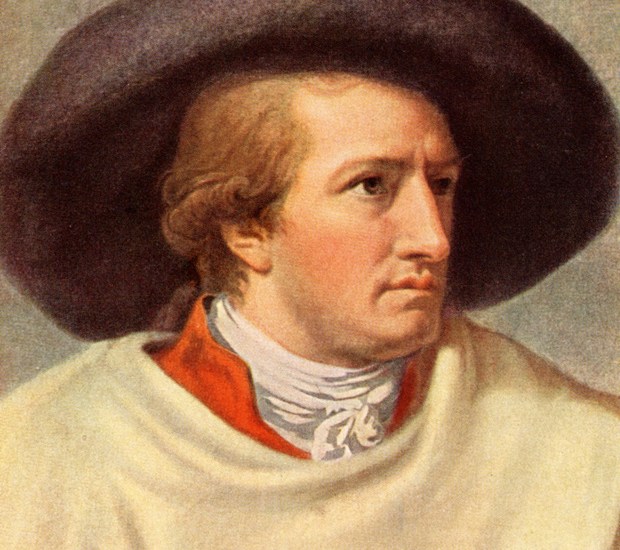


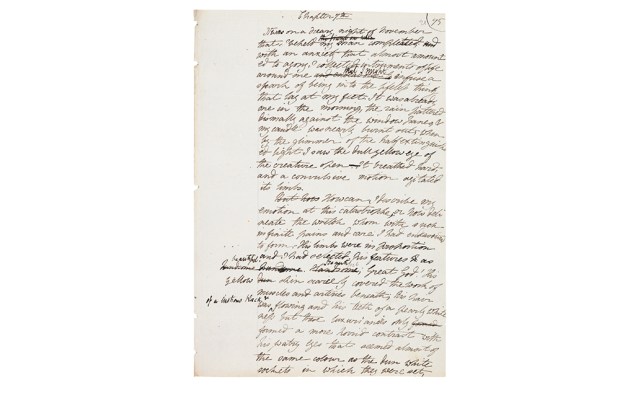
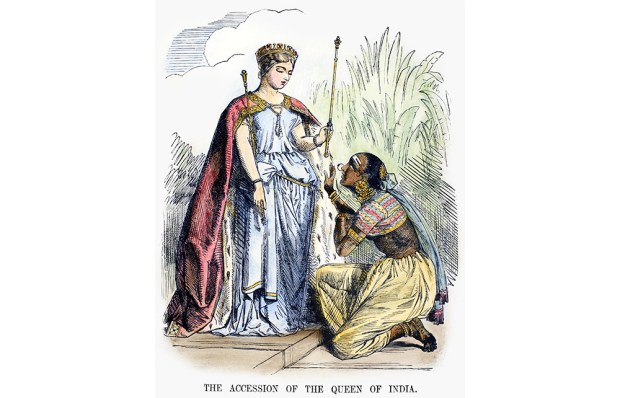
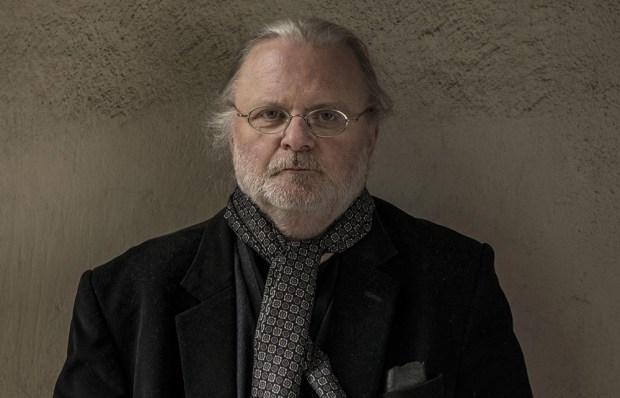







Comments
Don't miss out
Join the conversation with other Spectator Australia readers. Subscribe to leave a comment.
SUBSCRIBEAlready a subscriber? Log in